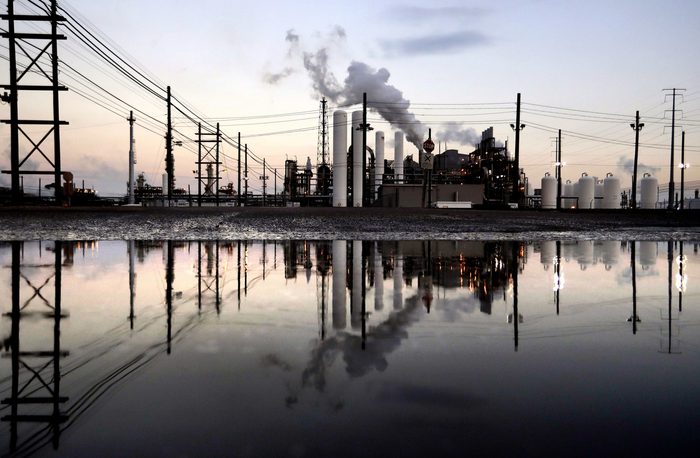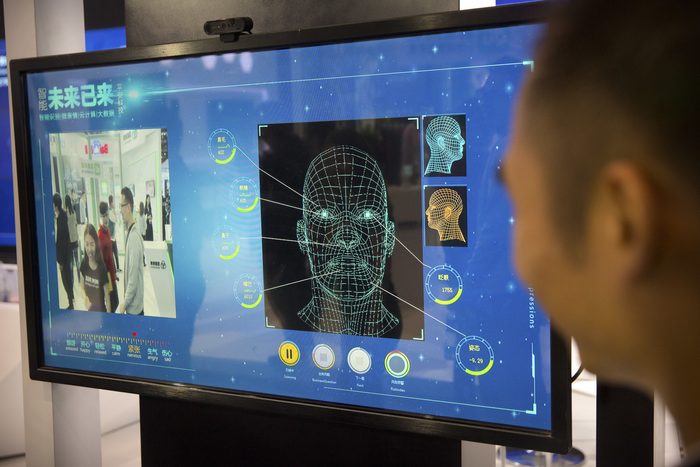Hello, this is Michael Møller, chairman of GESDA's Diplomacy Forum and formerly head of the UN office in Geneva.
Today I want to make the case about multilateralism, building on a chapter that I wrote for the book '100 Years of Multilateralism in Geneva, from the League of Nations to the UN', published this year. |
|
Anticipatory reads by GESDA
|
|

The IEA has said carbon storage technologies, which capture CO2 produced by factories or fossil fuel power plants, are critical to tackling climate change. Photo: AP Photo/David Goldman
|
|
Fighting climate change might be “virtually impossible” without capturing and storing CO2 (CCS)
from their different sources (factories, power plants, transportation, etc.), underlined last month the International Energy Agency. But CCS “is a controversial idea, attacked as a costly distraction from stopping emissions occurring in the first place”, sums up the Guardian.
Both views can be defended. But one should not forget that solutions to existing technological problems might sometimes pop up with the craziest ideas. And this week was rich in examples showing that this vision must also apply to CCS, by making the most of rock formation, peat harvesting, Lego-like assembly of zeolitic membranes, semiconductive photocatalysts, and even asbestos (!) to do CCS. Long live serendipity in science and technology!
--Olivier Dessibourg, GESDA
(EN)
|

A man watches as a visitor tries out a facial recognition display at a booth for Chinese tech firm Ping'an Technology at the Global Mobile Internet Conference (GMIC) in Beijing, 2018, Photo: AP Photo/Mark Schiefelbein
|

This selection is proposed by the Geneva Science and Diplomacy Anticipator
GESDA, working on
anticipating cutting-edge science and technological advances to develop innovative and inclusive
solutions for the
benefit of the planet and its inhabitants.
|
|
GESDA and the reason for anticipation
|
|
|
Humanity is facing more than ever global challenges (with regards, e.g., to the COVID-19 crisis), putting people and the planet under stress and in great uncertainty. Simultaneously, the world is experiencing breakthroughs in science and technology at an unprecedented pace, sometimes hard to grasp. Anticipation is therefore key to build the future with the aim to early and fully exploit this scientific potential for the well-being and inclusive development of all. The Geneva Science and Diplomacy Anticipator has been founded in Geneva in 2019 to tackle this issue.
GESDA's ambition is first to anticipate and identify these cutting-edge science and technology advances in various domains (Quantum revolution & advanced AI, Human augmentation, Ecoregeneration and Geoengineering, Science and Diplomacy). Then, based on this panoramic scientific outlook, it will, with its diplomacy community, translate those potential science and technology leaps into tools that can bring effective and socially inclusive solutions to emerging challenges. Most importantly, this process will be achieved not only by scientists and technologists or diplomats, but will include actors of various other professional origins and mindsets (from philanthropy, industry, citizens, to youth).
|
|
|
GS news is a new media project covering the world of international cooperation and development. Don’t hesitate to forward our newsletter!
Have a good day!
|

|
|
Avenue du Bouchet 2
1209 Genève
Suisse
|
|
|
| |










